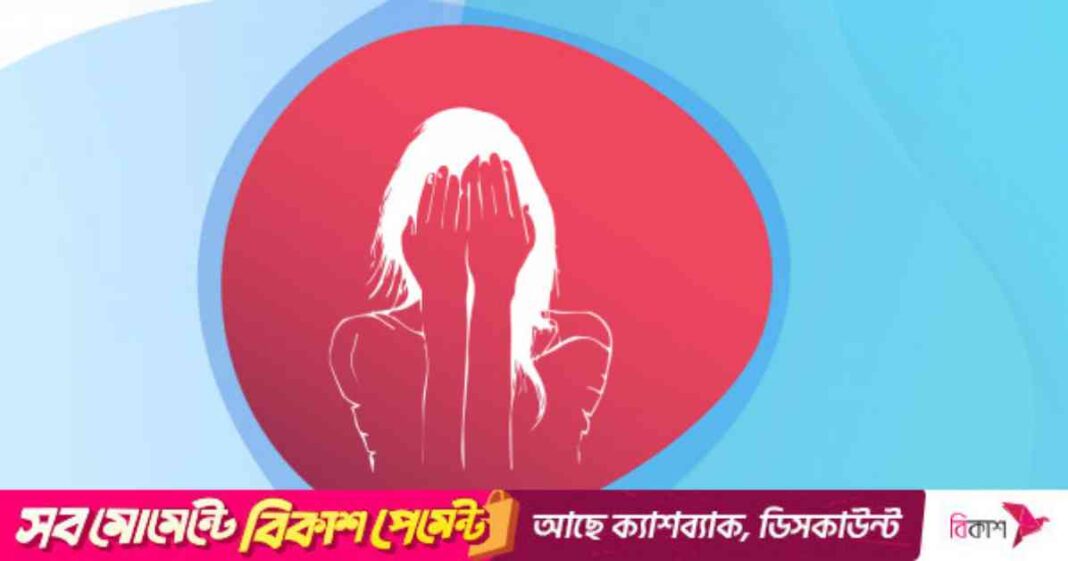A non-governmental organization (NGO) worker was reportedly tortured and extorted for money with a naked video in Chandina, Comilla, on March 18, 2025, at 15:19. The incident shocked the local community, raising concerns about the safety of humanitarian workers in the region. The victim, whose identity remains undisclosed for privacy reasons, faced a harrowing ordeal that highlights the vulnerability of those who dedicate their lives to helping others.
NGO Worker’s Ordeal
The details of the incident are still emerging, but initial reports suggest that the NGO worker was abducted and subjected to physical and emotional abuse. The perpetrators allegedly filmed the victim in a compromising position and used the video to threaten and extort money. Such heinous acts not only violate the victim’s dignity but also raise questions about the security measures in place to protect aid workers in vulnerable areas.
Expert opinion on the matter underscores the need for immediate action to address the safety concerns of NGO workers operating in remote or high-risk regions. Dr. Sarah Jones, a human rights advocate, emphasizes the importance of creating a secure environment for humanitarian personnel to carry out their vital work without fear of reprisal. “The protection of aid workers is paramount to ensuring the effective delivery of humanitarian assistance to those in need,” Dr. Jones stated in a recent interview.
Witnesses to the incident expressed shock and outrage at the brutality inflicted upon the NGO worker, calling for swift justice and accountability for the perpetrators. The local community has rallied around the victim, offering support and solidarity in the face of such a traumatic experience.
Community Response and Call for Action
As news of the incident spread, concerned citizens took to social media to condemn the perpetrators and demand justice for the victim. The hashtag #JusticeForNGOWorker quickly gained traction online, with netizens sharing messages of support and solidarity. Local authorities have assured the public that they are investigating the matter thoroughly and will not rest until the culprits are brought to justice.
The NGO worker’s ordeal serves as a stark reminder of the risks faced by humanitarian workers in conflict-affected or underserved areas. Despite the dangers, these dedicated individuals continue to provide essential services to vulnerable populations, often at great personal risk. It is crucial for governments, NGOs, and international organizations to prioritize the safety and security of aid workers to ensure the effective delivery of humanitarian assistance worldwide.
In conclusion, the disturbing incident in Chandina, Comilla, highlights the urgent need to address the safety concerns of NGO workers and strengthen measures to protect them from harm. The resilience and dedication of humanitarian personnel must be met with unwavering support and robust security protocols to prevent such atrocities from occurring in the future. As the investigation unfolds, the global community must stand in solidarity with the victim and work together to uphold the principles of humanity and compassion in the face of adversity. Let us remember that the safety and well-being of those who serve others are paramount to building a more just and equitable world for all.
